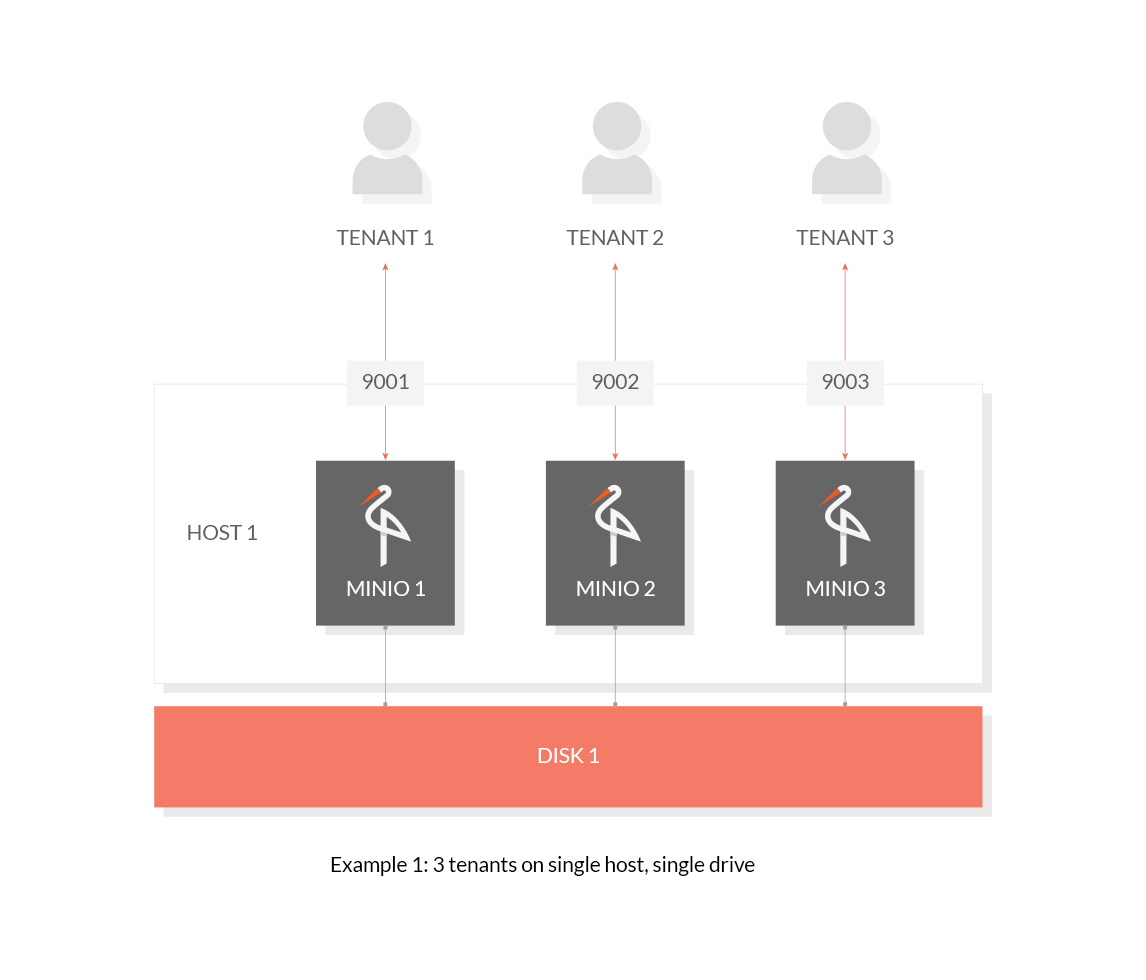- Sort Score
- Result 10 results
- Languages All
Results 211 - 220 of 1,542 for exemplo (0.05 sec)
-
fess-crawler/src/test/java/org/codelibs/fess/crawler/service/impl/UrlQueueServiceImplTest.java
result1.setUrl("https://example.com/page1"); result1.setMethod("GET"); result1.setParentUrl("https://example.com"); result1.setLastModified(123456789L); accessResultMap.put("https://example.com/page1", result1); AccessResultImpl<Long> result2 = new AccessResultImpl<>(); result2.setUrl("https://example.com/page2"); result2.setMethod("POST");
Registered: Sat Dec 20 11:21:39 UTC 2025 - Last Modified: Thu Nov 13 13:29:22 UTC 2025 - 14.1K bytes - Viewed (0) -
fess-crawler/src/test/java/org/codelibs/fess/crawler/filter/impl/UrlFilterImplTest.java
} public void test_match_both() { urlFilter.addInclude("http://example.com/.*"); urlFilter.addExclude("http://example.com/a.*"); final String sessionId = "id1"; urlFilter.init(sessionId); assertTrue(urlFilter.match("http://example.com/")); assertFalse(urlFilter.match("http://example.com/a")); assertFalse(urlFilter.match("http://test.com/"));Registered: Sat Dec 20 11:21:39 UTC 2025 - Last Modified: Sat Mar 15 06:52:00 UTC 2025 - 6.9K bytes - Viewed (0) -
docs/multi-tenancy/README.md
```sh minio server --address :9001 /data/tenant1 minio server --address :9002 /data/tenant2 minio server --address :9003 /data/tenant3 ```  ### 1.2 Host Multiple Tenants on Multiple Drives (Erasure Code) Use the following commands to host 3 tenants on multiple drives: ```sh
Registered: Sun Dec 28 19:28:13 UTC 2025 - Last Modified: Tue Aug 12 18:20:36 UTC 2025 - 3.1K bytes - Viewed (0) -
fess-crawler/src/test/java/org/codelibs/fess/crawler/builder/RequestDataBuilderTest.java
RequestData data1 = RequestDataBuilder.newRequestData().get().url("https://example.com/get").weight(1.0f).build(); assertEquals(Method.GET, data1.getMethod()); assertEquals("https://example.com/get", data1.getUrl()); RequestData data2 = RequestDataBuilder.newRequestData().post().url("https://example.com/post").weight(2.0f).build(); assertEquals(Method.POST, data2.getMethod());
Registered: Sat Dec 20 11:21:39 UTC 2025 - Last Modified: Mon Nov 24 03:59:47 UTC 2025 - 10.9K bytes - Viewed (0) -
okhttp/src/jvmTest/kotlin/okhttp3/CookieTest.kt
Registered: Fri Dec 26 11:42:13 UTC 2025 - Last Modified: Sat Nov 01 12:18:11 UTC 2025 - 24.4K bytes - Viewed (0) -
docs/es/docs/advanced/using-request-directly.md
También significa que si obtienes datos del objeto `Request` directamente (por ejemplo, leyendo el cuerpo) no serán validados, convertidos o documentados (con OpenAPI, para la interfaz automática de usuario de la API) por FastAPI. Aunque cualquier otro parámetro declarado normalmente (por ejemplo, el cuerpo con un modelo de Pydantic) seguiría siendo validado, convertido, anotado, etc.
Registered: Sun Dec 28 07:19:09 UTC 2025 - Last Modified: Wed Dec 17 20:41:43 UTC 2025 - 2.5K bytes - Viewed (0) -
fastapi/params.py
Registered: Sun Dec 28 07:19:09 UTC 2025 - Last Modified: Sat Dec 27 12:54:56 UTC 2025 - 26.3K bytes - Viewed (0) -
okhttp/src/jvmTest/kotlin/okhttp3/RequestTest.kt
@Test fun curlGet() { val request = Request .Builder() .url("https://example.com") .header("Authorization", "Bearer abc123") .build() val curl = request.toCurl() assertThat(curl) .isEqualTo( """ |curl 'https://example.com/' \ | -H 'Authorization: Bearer abc123' """.trimMargin(), ) } @Test
Registered: Fri Dec 26 11:42:13 UTC 2025 - Last Modified: Fri Oct 24 11:36:14 UTC 2025 - 24.4K bytes - Viewed (0) -
fess-crawler/src/test/java/org/codelibs/fess/crawler/entity/AccessResultImplTest.java
String url = "https://example.com/page"; result.setUrl(url); assertEquals(url, result.getUrl()); } public void test_parentUrlGetterSetter() { // Test parent URL getter/setter AccessResultImpl<Long> result = new AccessResultImpl<>(); String parentUrl = "https://example.com"; result.setParentUrl(parentUrl);Registered: Sat Dec 20 11:21:39 UTC 2025 - Last Modified: Thu Nov 13 13:29:22 UTC 2025 - 13.4K bytes - Viewed (0) -
build-logic/binary-compatibility/src/test/kotlin/gradlebuild/binarycompatibility/KotlinNullabilityChangesTest.kt
assertHasWarnings( "Method com.example.Source.foo(java.lang.String): Parameter 0 nullability changed from non-nullable to nullable", "Constructor com.example.Source(java.lang.String): Parameter 0 nullability changed from non-nullable to nullable", "Method com.example.SourceKt.invoke(com.example.Source,java.lang.String): Parameter 1 nullability changed from non-nullable to nullable"
Registered: Wed Dec 31 11:36:14 UTC 2025 - Last Modified: Tue Feb 04 09:55:47 UTC 2025 - 5K bytes - Viewed (0)